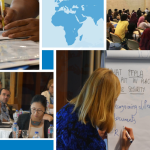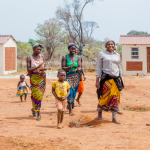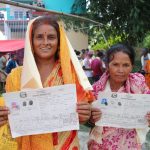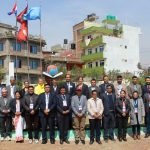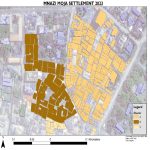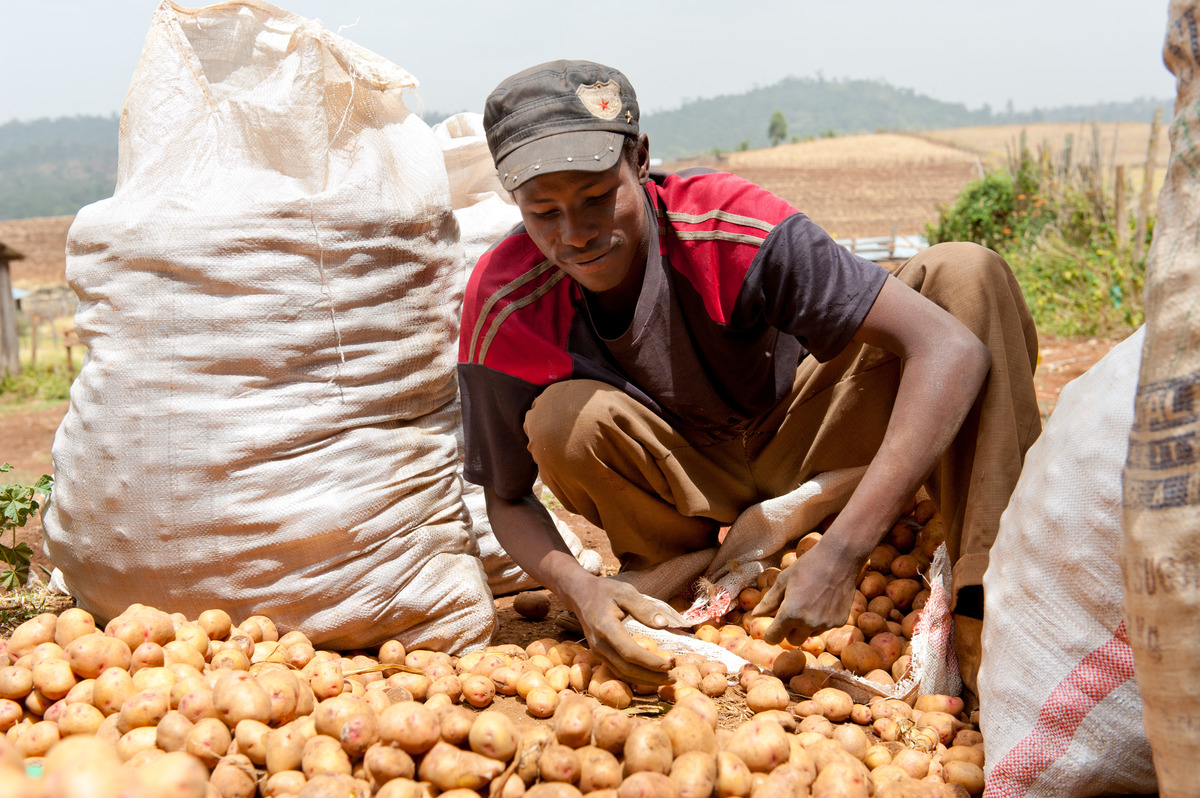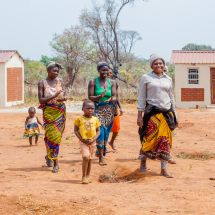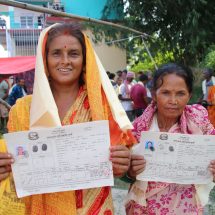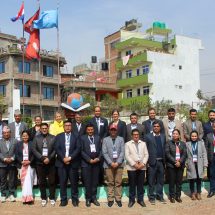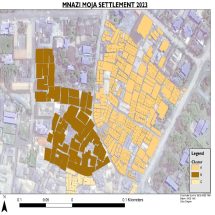Youth offer dynamic solutions for building resilient food systems and a climate secure future
From Nov. 6-18, the world gathers in Sharm el-Sheikh, Egypt, for the 2022 United Nations Climate Change Conference (COP27), to discuss the global climate change agenda. While we are hopeful that these high-level conversations will result in meaningful progress toward addressing the climate crisis, they may largely exclude the voices of local civil society and grassroots organizations – many of whom represent communities most directly impacted by the adverse effects of climate change.
To elevate the voices of our local partners, Landesa spoke with a few of our partners about climate change themes in their work. This Q&A is one installment in a three-part series on the links between land rights, climate change, and crosscutting themes of gender equity, youth empowerment, and rights of Indigenous Peoples and local communities.
In sub-Saharan Africa, over 60 percent of the population is under age 35 – a well-documented “youth bulge” that presents both a pressing challenge and significant opportunity for the continent. How African governments respond to the youth bulge could set the course for economic development, food security, and climate resilience for generations.
Youth Initiative for Land in Africa (Yilaa) is a platform for creating opportunities for African youth to meaningfully participate in land governance on the continent, providing an entry point for aspiring young farmers to access land and resources that are essential for a career in agriculture.
Responses by Innocent Antoine Houedji, Yilaa Executive Director
What kinds of social, cultural, and economic impacts are communities experiencing as a result of climate change? Are youth experiencing these impacts more than others and if so, how?
The socio-cultural and economic impacts suffered by communities, in this case young people, due to climate change are very visible and affected at the local level.
Firstly, changes in weather patterns can shift planting and harvesting seasons – which can negatively impact sustainable food production. These changes have seen families and communities that have traditionally depended on such subsistence farming needing to find ways to fend for themselves.
Also, flooding and extreme weather caused by climate change can lead to land degradation, destroy plantations and contribute to loss of biodiversity and culturally attached medicinal value plants. It also leads to displacement, which has affected the health and well-being of youth. Droughts have made water expensive to obtain and in turn raised the cost of farm production.
Declining fisheries, forestry and tourism has led to massive unemployment among the youth. These are industries that have traditionally offered economic empowerment.
Furthermore, climate change and land loss also contributes to a loss of indigenous knowledge. Forced migration leads to loss of cultural heritage, local knowledge and language elements. Most youth do not know their local dialect and culture, which is an important part of their lives.
As a coalition of advocates working for a more sustainable future for African youth, what can be done on a local scale to confront climate change?
The issue of climate change is urgent; young people deserve to take ownership of solutions to address this critical problem. There are several ways to accomplish this.
Research and data collection can identify gaps in youth engagement. By increasing awareness of climate change through robust training curriculum that use local languages to ensure inclusion, we can sensitize youth and local communities about climate change. Further, large-scale youth participation of in disaster preparedness and response, especially in the grassroots level, can help create a movement toward youth engagement.
At the community and individual levels, we can increase adaptation of best practices in agriculture and environmental projects. We can also incorporate youth participation in advocacy for urgent action on the climate crisis, allowing youth to take center stage in policy formulation.
What role can youth play in developing climate solutions? How are youth uniquely positioned to combat the climate crisis?
Young people are dynamic, can easily adapt to new norms and use of technology, and have the great numbers to create a movement and raise their voices in support of a climate secure future. Therefore, as a global community, we need to give them the space to take action on climate change, because they themselves are the solution. Youth are the real agents of climate change action.
What role could land rights play in creating job opportunities and livelihoods for youth in agriculture? With greater capacity to work in agriculture, how can youth contribute to a climate and food secure future?
There are many ways in which secure land rights promote employment and economic benefits. Secure land rights:
- Build confidence for investment in agriculture and land related economic services
- Create a foundation for sustainable economic growth by allowing access to capital, with land as collateral. This will boost production with the right factors in place.
- Have the potential to empower youth economically, socially and culturally, and allow youth to venture into production and job creation.
- Create incentives for youth to boost their productivity and contribute to environmental sustainability.
Secure land rights for youth can help contribute to a climate and food secure future. With land rights, youth are able to invest in innovations that offer a perfect fusion for traditional and modern methods of agriculture as well as climatic solutions.
Youth can also encourage uptake of new data collection technology as well as other areas of technology to improve efficiency in production that is environmentally sustainable. They’re also able to share their detailed experiences and opinions to formulate policy, in both agricultural and trade.
Lastly, with secure land rights, youth are able to use their collective voices to promote diversification and lobby for improved infrastructural programs that can build a sustainable future for agriculture and a more food secure world.


